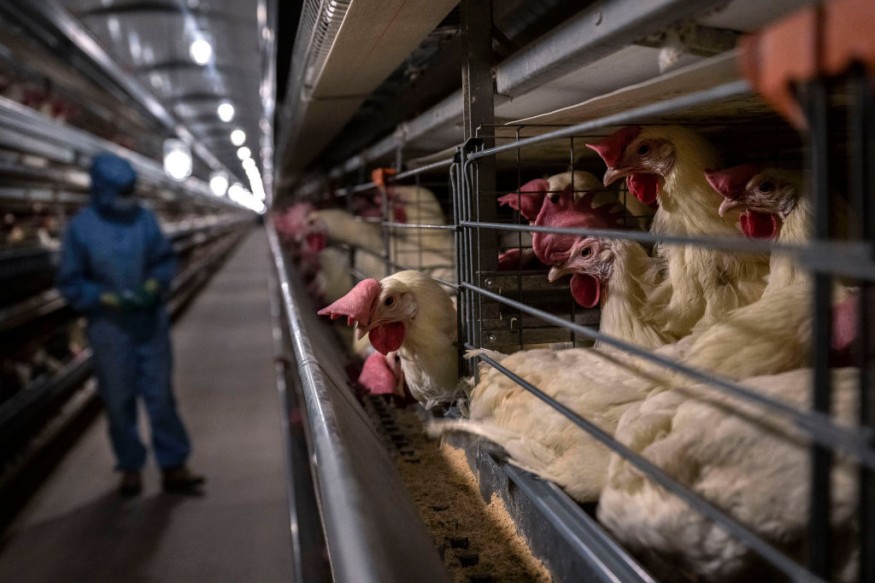
Scientists in the United Kingdom discovered that by editing the genes of the chicken, they may partially shield them against bird flu infections, indicating a new potential technique to decrease the spread of the deadly virus.
The highly virulent avian influenza, known as bird flu, has expanded to new parts of the world, killing millions of poultry birds and sending egg and turkey prices skyrocketing since 2022.
Resistance to Bird Flu
In a study published in Nature Communications, the researchers said they employed the gene-editing technique CRISPR to make specific alterations to a gene called ANP32, which is required to maintain flu viruses inside chicken cells.
CRISPR is a molecular "scissor" technology that allows scientists to modify DNA.
Flu viruses utilize proteins like ANP32 within cells to help them proliferate, and the changes in chickens were intended to halt the spread of bird flu.
Experiments revealed that almost all of the gene-edited chickens were resistant to lesser dosages of a less fatal type of avian flu than the H5N1 virus that has recently circulated around the world.
"We can move toward making chickens resistant to the virus but we're not there yet," said Prof. Wendy Barclay of Imperial College London, a co-author of the study. "We would need more edits - more robust edits - to really shut down the virus replication."
Researchers now believe that adding three unique genetic alterations to chicken cells will improve avian protection. However, they have not yet grown hens with three changes, according to Helen Sang, a former University of Edinburgh researcher who previously explored genetically engineering chickens against bird flu.
She added that scientists discovered that genetic alteration would not work effectively enough.
Read Also : Bird Flu Virus Mutates, Kills Hundreds of Sea Lions in Argentina, Health Authority Calls Event 'Unusual'
Gene Editing: A Promising Route?
Gene editing, as opposed to genetic modification, which introduces new genes, modifies existing genes.
The technology is less contentious than genetic alteration and is less strictly controlled in some nations.
This offers a promising route to long-term disease resistance that can be passed down through generations, safeguarding poultry while lowering dangers to humans and wild birds.
The findings indicate that preventing the spread of avian influenza in chickens will necessitate numerous simultaneous genetic alterations.
As wild birds move in the spring and autumn, cases tend to rise.
The European Centre for Disease Prevention and Control (ECDC) reported 98 domestic outbreaks and 634 wild bird outbreaks of avian influenza in 25 European countries between April and June 2023.
"Bird flu is a great threat to bird populations. Vaccination against the virus poses a number of challenges, with significant practical and cost issues associated with vaccine deployment," study's principal investigator Mike McGrew from the University of Edinburgh said.
France became the first country in the European Union to vaccinate chickens against the virus earlier this month.
However, because vaccinated birds may not display signs of infection, the US imposed trade restrictions on French chicken imports, citing the risk of spreading the virus into the US.
Related Video:
© 2025 NatureWorldNews.com All rights reserved. Do not reproduce without permission.





